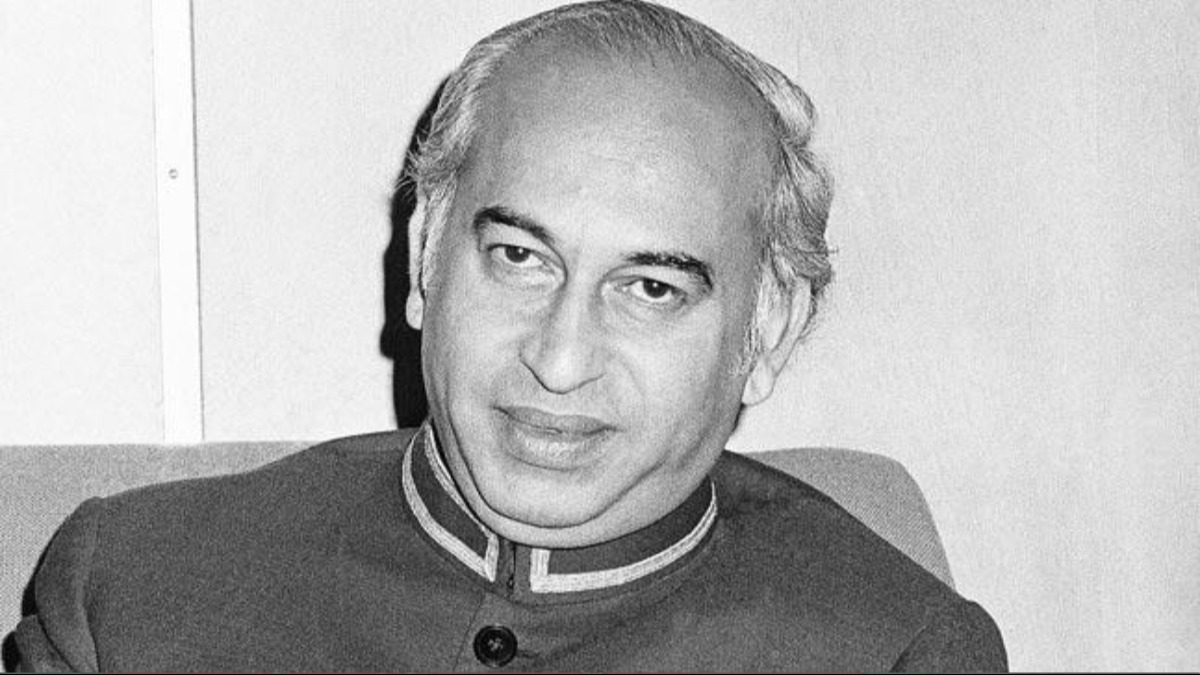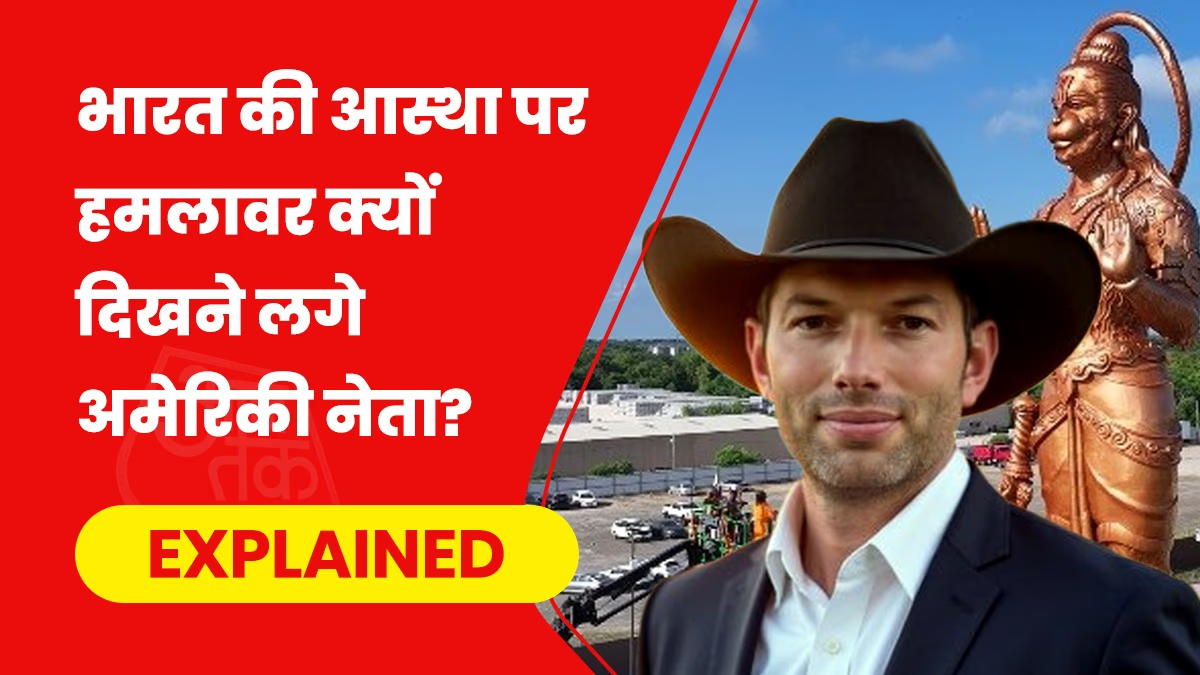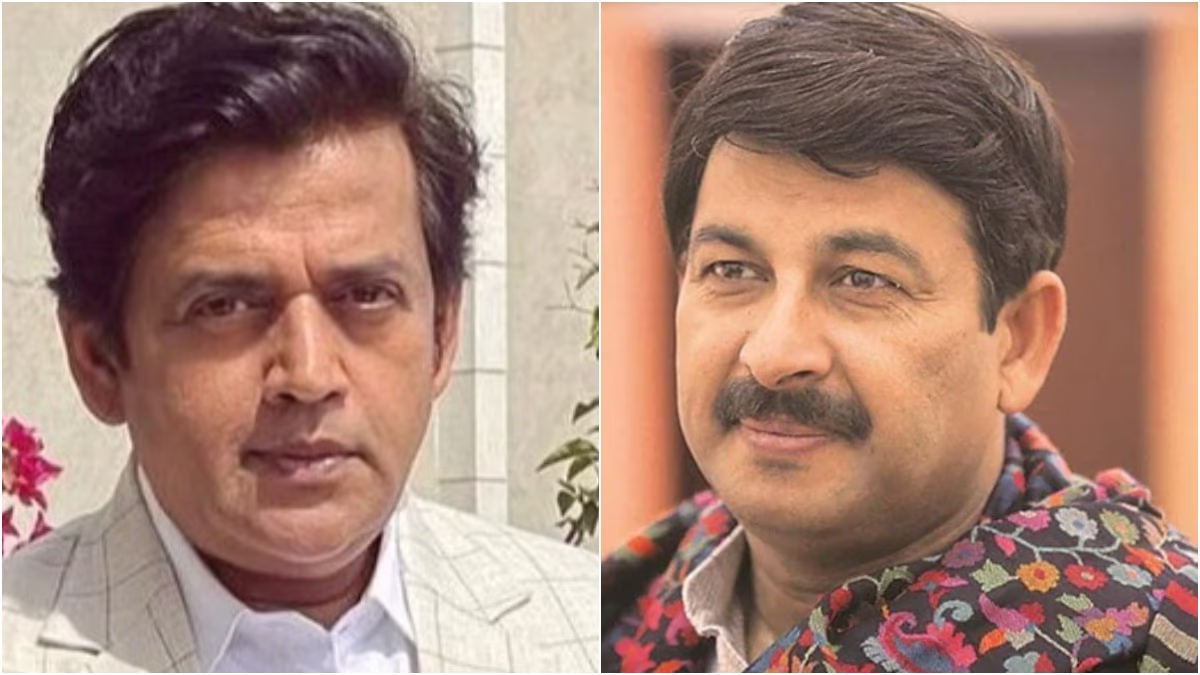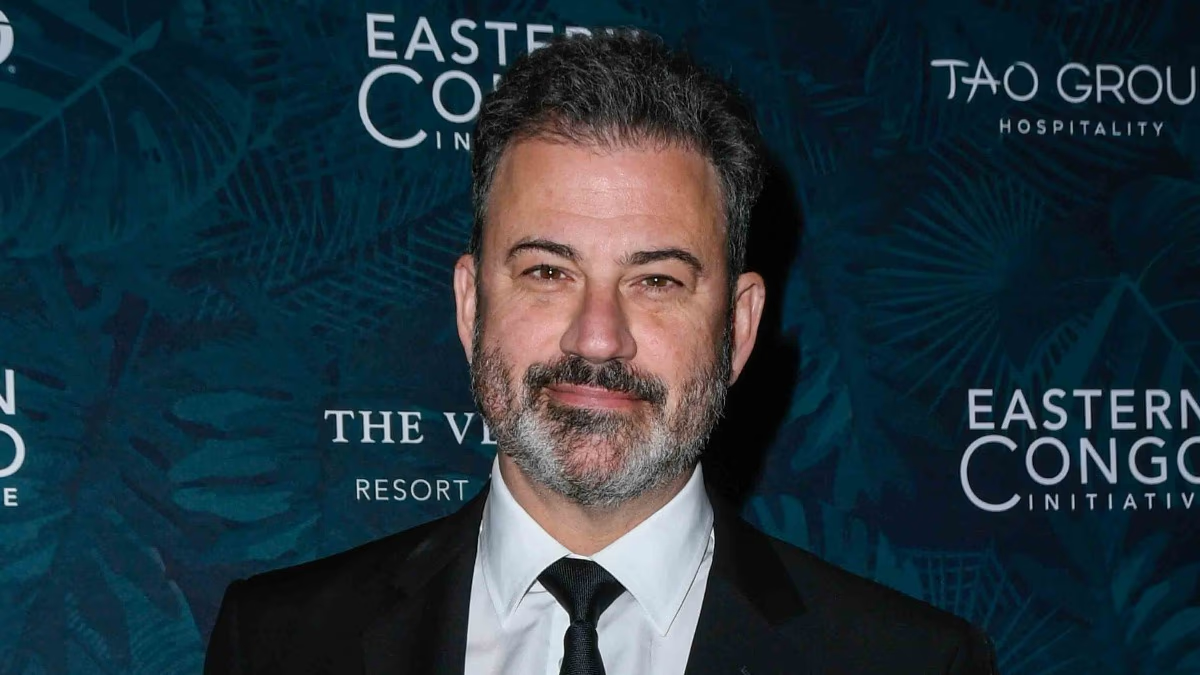Forty-five years on, the execution of former Pakistani Prime Minister Zulfikar Ali Bhutto has resurfaced in public debate. Chief Justice Qazi Faez Isa recently referred to Bhutto’s controversial hanging, suggesting it could be an opportunity for the Supreme Court and the military to correct past mistakes and restore their reputations. Justice Isa’s remark came during a hearing by a large bench led by him.
Back in 1979, Bhutto, at 51, was found guilty of inciting murder and sentenced to death. A seven-member bench of the Supreme Court retained the decision of the Lahore High Court, with four judges confirming and three acquitting him. Bhutto was executed on April 4, 1979, amidst his family’s continued pleas for justice and widespread belief that his sentence was under the duress of then-military dictator General Zia-ul-Haq, who overthrew Bhutto's government in 1977.
'Bhutto's Family Seeks Justice'
Supporters have labeled Bhutto’s execution as a 'judicial murder' and accused the military ruler and the apex court of conspiring against an elected Prime Minister based on contrived charges. They also demanded the Supreme Court to redress the unfair treatment against Bhutto, the founder of the Pakistan People’s Party (PPP).
'Army, Judiciary, and Legislature Confront Each Other'
In 2011, then-President Asif Ali Zardari filed a review petition against Bhutto’s death sentence under the Supreme Court's advisory jurisdiction. The case reached the bench of Chief Justice Isa, who pondered whether it wasn’t an opportunity for both institutions (judiciary-legislature) to clear themselves of the allegations imposed.
'Bilawal Takes Part in the Hearing'
According to Geo News, Bilawal Bhutto Zardari, Bhutto's grandson and PPP chairman, participated in the hearing, along with experts in criminal and constitutional law. The Supreme Court decided to hear the successors of complainant Ahmad Raza Kasuri in the presidential reference as well.
'Court Aims to Expedite Hearing'
Justice Isa urged all respondents to keep their arguments brief, as the court aimed to conclude the hearing before a bench judge’s retirement. Legal expert Ali Khan noted that interviews of former judges were on record, substantiating biases in Bhutto's sentencing. He mentioned former judge Kaiser Rashid Khan stating that the evidence wouldn’t warrant a death sentence even for a cat. The court could also pass a judgment in the Bhutto case under Article 187, he added.
'How was the Death Sentence Administered?'
During the hearing, Justice Mansoor Ali Shah remarked that the court couldn't assess the merit of the case as the decision had been made, but it could consider how the former Prime Minister was sentenced to death. If it was to determine whether judges had ruled under pressure, what would be the evidence, he questioned. Meanwhile, the hearing was adjourned until February 26.
'Legal Friends Will Present Arguments'
In its written order, the Supreme Court noted that amicus curiae Khalid Javed Khan had submitted his response, while PPP leader’s lawyers Farooq H. Naek, Raza Rabbani, and Jahid Ibrahim will present their arguments following the amicus curiae. Notably, the grand bench had appointed experts in criminal and constitutional law aspects as amici curiae in December last year to assist with the longstanding immediate reference pending for 11 years.




